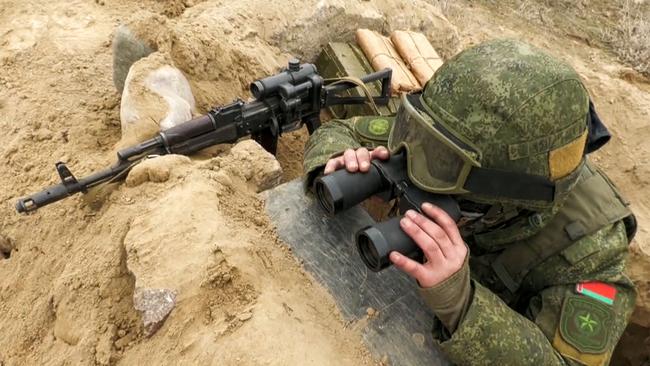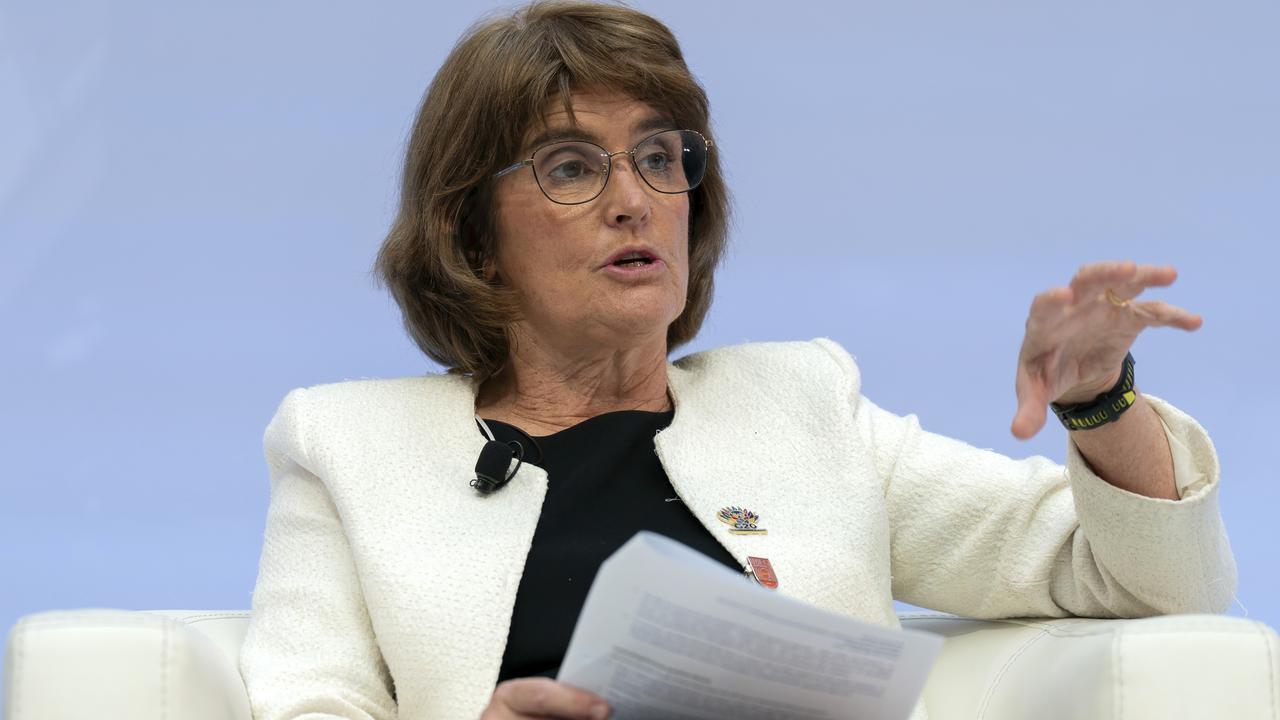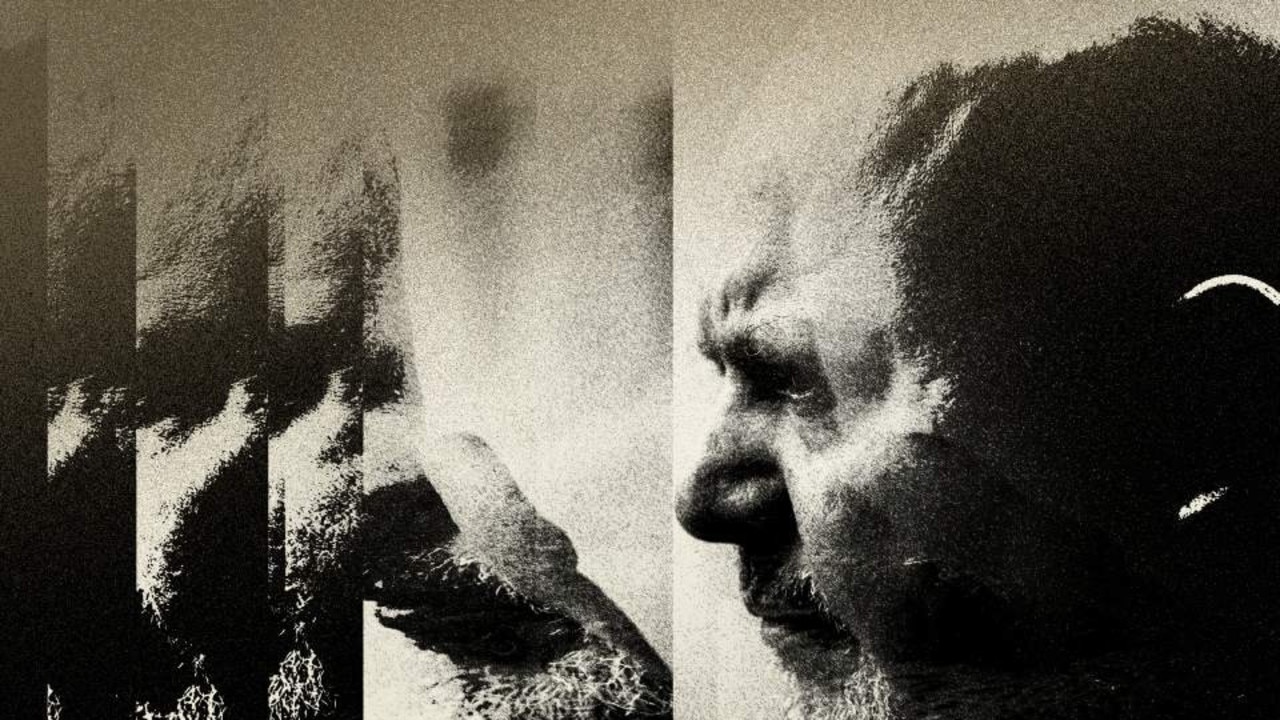Kazakhstan says Russia to withdraw troops
More than 2000 troops from Russia, other former Soviet states have been in Kazakhstan to help extinguish protests.

Russia-led forces that entered Kazakhstan to support the embattled government following an eruption of protests would start withdrawing within two days, the Kazakh president said on Tuesday as he named a loyalist as prime minister.
President Kassym-Jomart Tokayev said the mission had been fulfilled and a stage-by-stage pullout of contingents of the Collective Security Treaty Organisation, a military alliance that includes several former Soviet states, would take no more than 10 days.
The Kremlin deployed more than 2000 mostly Russian troops last week at Mr Tokayev’s request after violent protests triggered by a sharp rise in fuel prices in the oil-rich Central Asian nation spurred deadly unrest over wider social and political discontent, most prominently in the country’s largest city, Almaty.
The crisis, which Kazakh officials said was caused by outside forces who hijacked initially peaceful demonstrations, threatened to destabilise the country, an important ally of Russia with strategic significance in Central Asia.
On Monday, President Vladimir Putin defended the deployment of Russian troops as part of the security alliance, underscoring his assertion that his country has a privileged sphere of influence over the former Soviet Union, at a time when tensions between Moscow and the West have reached boiling point over concerns that Russia intends to invade Ukraine.
On Tuesday, Kremlin spokesman Dmitry Peskov said it was up to Kazakhstan whether it still needed the alliance troops to remain or withdraw.
“This is entirely the prerogative of that country, which turned to the CSTO with this request,” he said.
Almost 10,000 people have been detained in connection with the turmoil. More than 160 people were killed in the violence, most of them in Almaty. The casualties included 16 law-enforcement officers.
A sense of normalcy started to return to the country on Tuesday, as residents began to cautiously go about their everyday lives in Almaty, which will remain under an 11pm-to-7am curfew until January 19.
Residents said shops were beginning to open during specific daytime hours, construction sites were operating and some public transportation had resumed. The sound of machine gunfire and the smell of tear gas had gone, they said.
On Tuesday, Mr Tokayev, who accepted the government’s resignation on January 5, named Alikhan Smailov as prime minister. The 49-year-old who had been serving as interim prime minister was finance minister between 2018 and 2020. Mr Tokayev touted himself as a reformer when he was designated to succeed Nursultan Nazarbayev, who left office in 2019 after three decades as leader. But civil rights activists and government opponents said he hadn’t done enough to deserve that title.
The Wall Street Journal



To join the conversation, please log in. Don't have an account? Register
Join the conversation, you are commenting as Logout